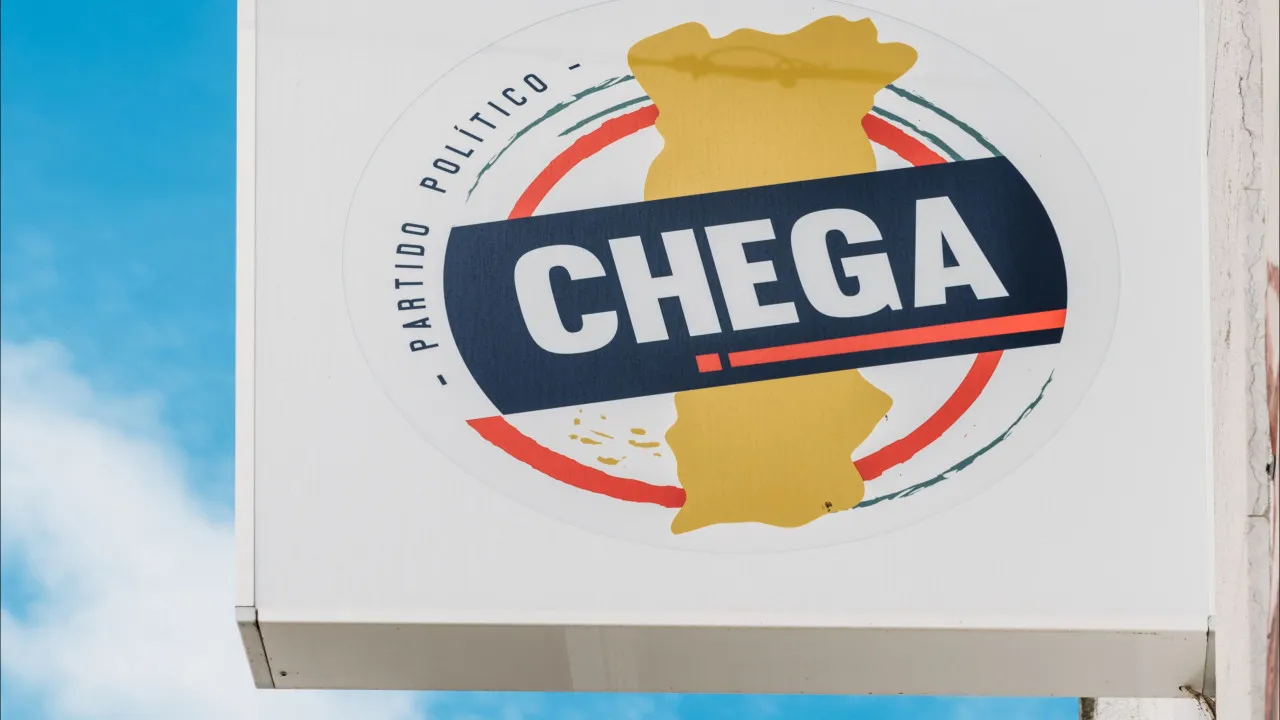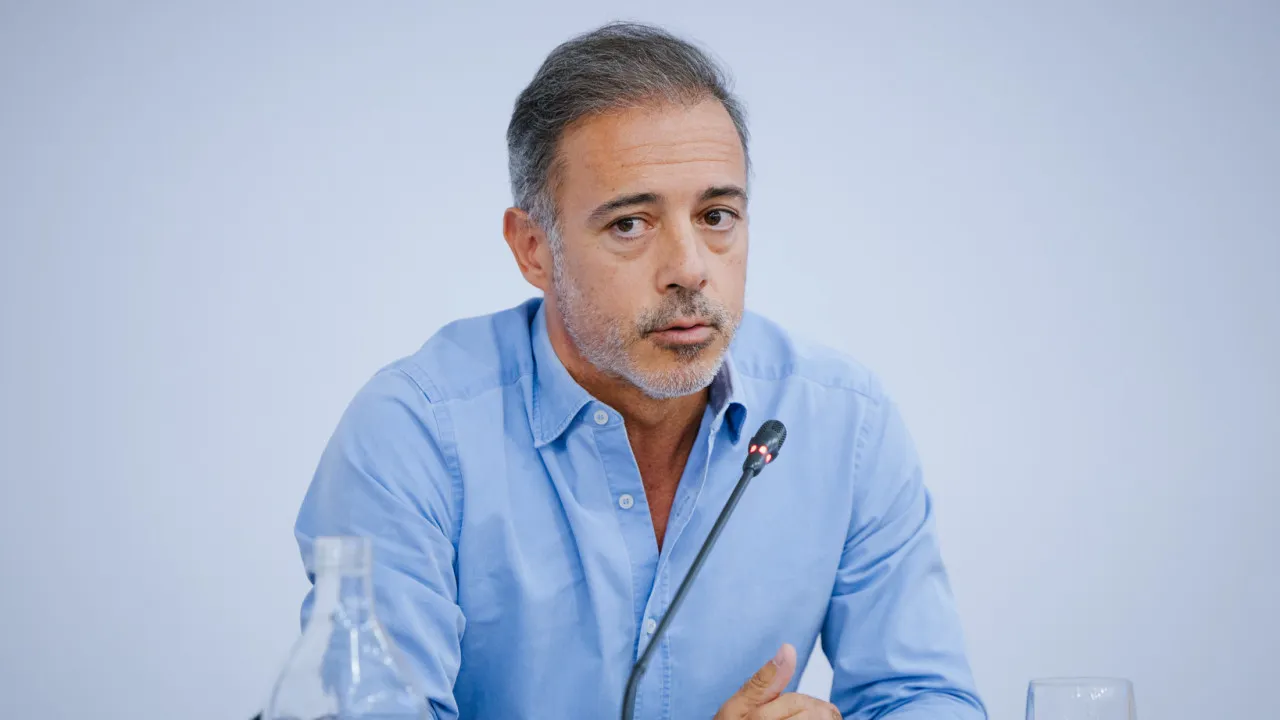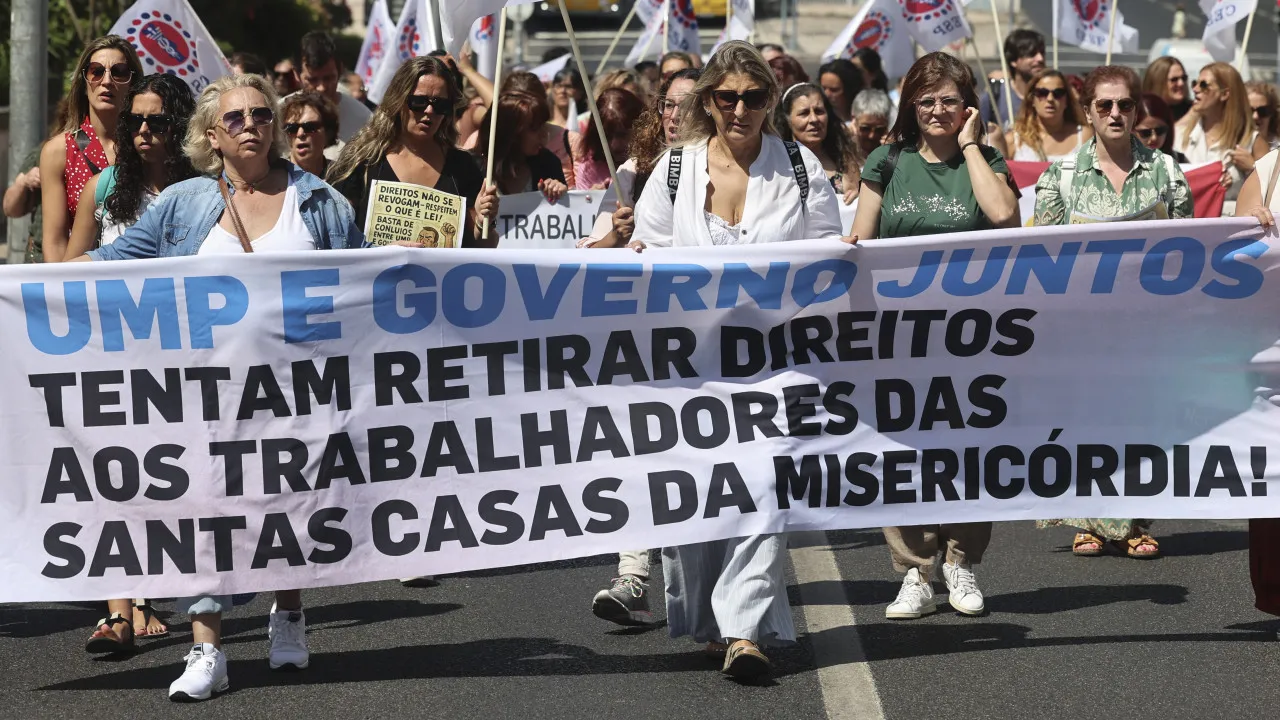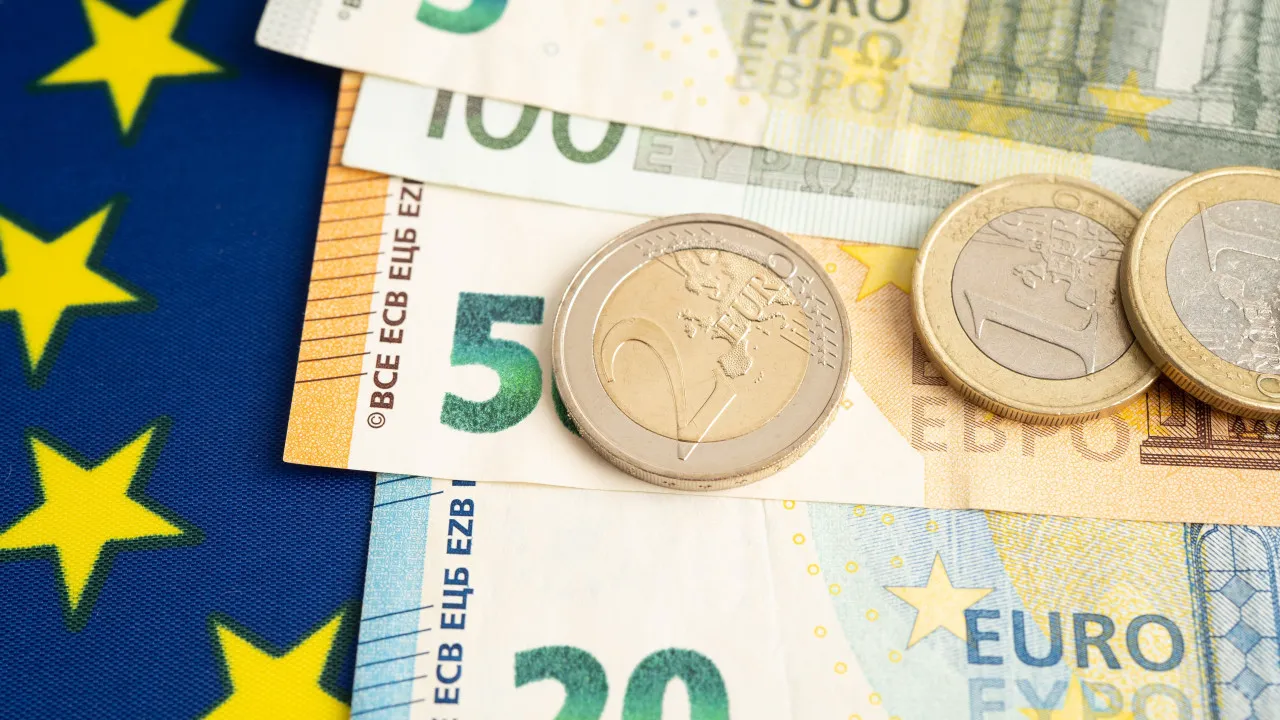
In the weeks leading up to the elections, several cases of coordination between anonymous accounts and networks were detected, though there was no evidence of automated control via bots or external operations originating from foreign participants, according to a report by MediaLab, the Center for Research and Studies in Sociology (CIES) at the University Institute of Lisbon (ISCTE) in Lisbon.
This report results from a project between the National Elections Commission (CNE) and the MediaLab of the Center for Research and Studies in Sociology (CIES) at the University Institute of Lisbon (ISCTE), aimed at assessing misinformation and circulating content on social networks and online media during the pre-election period.
The researchers also detected domestic profiles, often anonymous or pseudonymous, acting in networks to amplify content aligned with the Chega party’s discourse.
These accounts, with a significant overlap of followers and synchronized shares, achieved hundreds of thousands of views at key moments, such as during the reflection day on Saturday, the eve of the elections, when Portuguese law prohibits the media from reporting on campaign actions.
In figures, the network of digital activists publishing on Instagram garnered a total of 850,000 impressions and views of published content in just one day, May 17.
The report identifies several accounts involved in disseminating posts and publications related to narratives directed against political opponents and systematically favorable to the Chega party.
The project coordinator, sociologist Gustavo Cardoso, previously warned about the potential for Artificial Intelligence (AI) to enhance misinformation before the campaign. The report now concludes there is no evidence of automation in the dissemination of these contents.
Conversely, the data indicates that this extensive dissemination of publications results from a successful activation of highly motivated digital activists, who in some cases may manage more than one account.
Unlike what occurred in the campaign for the 2024 legislative elections, the MediaLab team found no evidence of direct external interference in the campaign. A year ago, researchers found such indications with the publication of online ads against PSD and PS.
For this MediaLab, CNE, and Lusa project, from which the final report has now been published, data was collected by researchers on social networks Facebook, Instagram, X, TikTok, and YouTube, using online tools.
Sociologist Gustavo Cardoso was the project coordinator for assessing misinformation and circulating content on social networks and online media during the pre-election period. The MediaLab team also includes José Moreno, Inês Narciso, Paulo Couraceiro, and João Santos.




